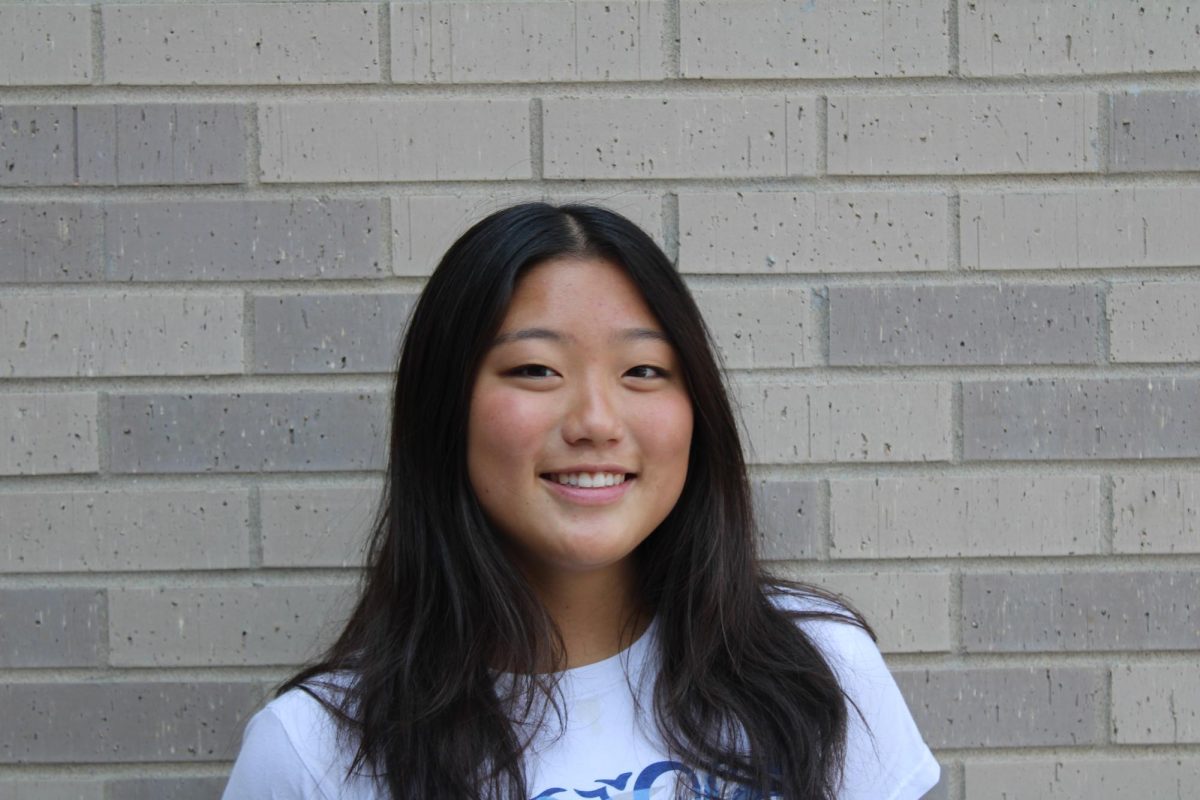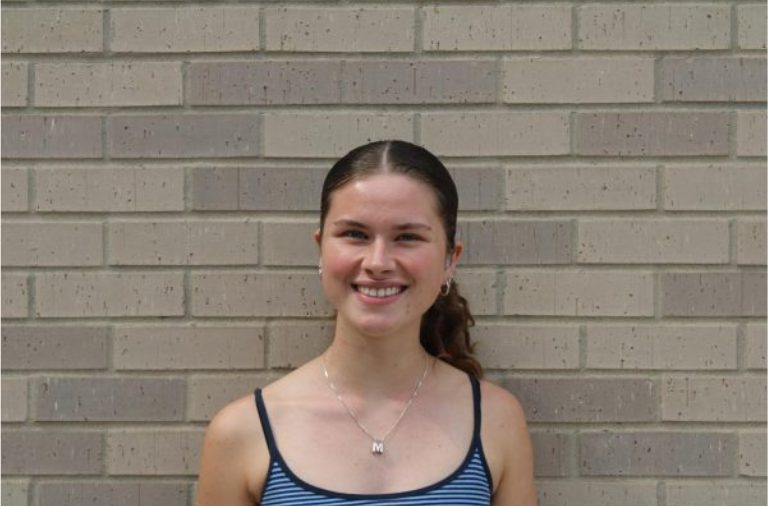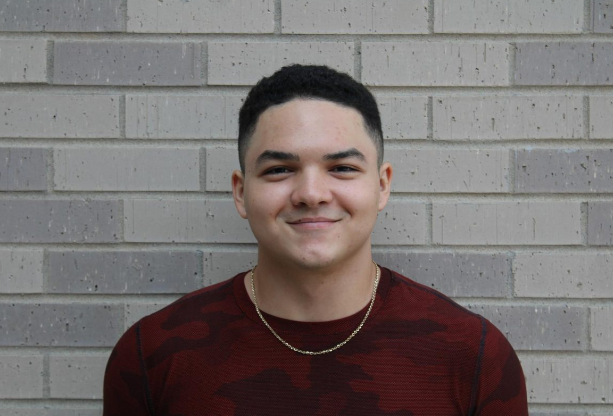Throughout our often hectic school days, clubs and organizations can offer relaxing and tranquil downtime, a draw for many students. These clubs can become more than just extracurricular activities, but ways to highlight identity, community and personal growth. From the environmental club to math team, every group promises a unique experience. Yet, the excitement of joining a new club can be jeopardized by the subtle feeling of unbelonging. When do you truly become a member of a club?
Most clubs don’t have a formal initiation process, so the journey to feeling like a true member can be personal and subjective. Is it after attending a certain number of meetings, participating in a specific event, or simply when you decide to add your name to the mailing list? The moment you make your first friend and feel comfortable enough to voice your opinions during meetings? The answer is not as straightforward as it would seem, and perhaps, that’s where the beauty of the question lies.
This ambiguity around membership also reflects what we seek from these organizations. Are we merely looking for a title to add to our resumes, or are we in search of genuine connections, learning opportunities and a sense of belonging? The answer to when you become a true club member might just be in your reasons for joining in the first place.
This subjective nature of belonging highlights the importance of inclusive and welcoming club environments. Clubs should strive to create atmospheres where every participant feels valued and recognized, regardless of how many meetings they have attended or how visible their contributions are. It’s crucial for club leaders to actively engage new members, encourage their involvement and acknowledge their efforts. After all, the essence of a club is not just in its activities but in its community.
Looking back on my personal experiences, I recall my time at Jewish Student Union (JSU), which offered a pretty solid display of the nuances discussed above. Joining JSU wasn’t just about attending events or meetings, it was about finding a space where my cultural and religious identity could grow alongside my peers. My sense of belonging in JSU bloomed from the warm welcomes at each gathering, the shared celebrations of Jewish holidays and the meaningful conversations that extended beyond scheduled meetings. This experience illustrated for me that true membership in a club goes beyond formalities. Joining a club isn’t about what’s written on some piece of paper or a column in a spreadsheet, but about connecting with the spirit of the community, contributing to its growth and finding a piece of yourself within it.
While the official moment of becoming a club member may vary, the essence of true membership lies in engagement, contribution and the sense of belonging. Whether it’s through attending meetings, participating in events, or simply sharing a laugh with fellow members, I believe you can call yourself a member the moment you walk through the door.











